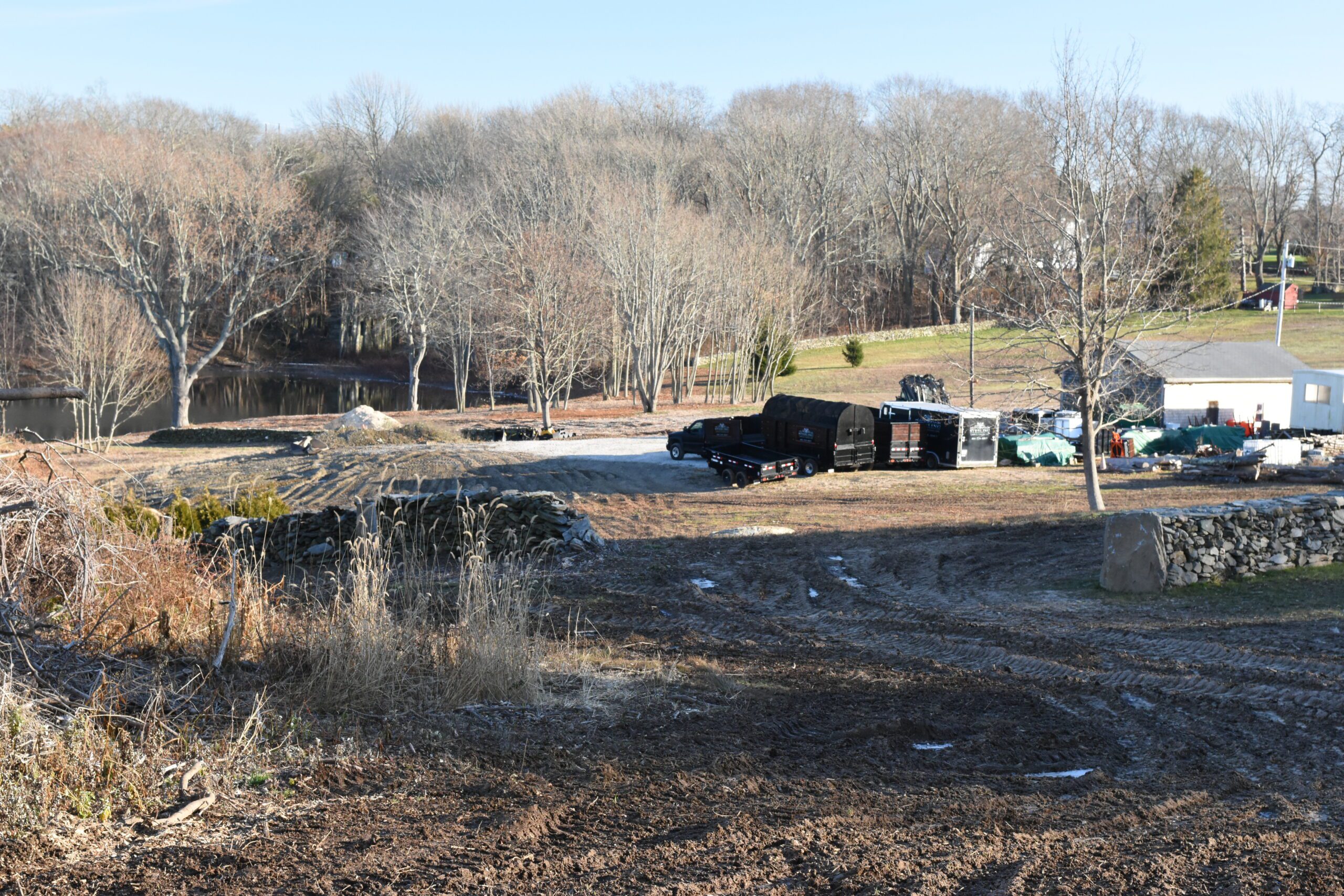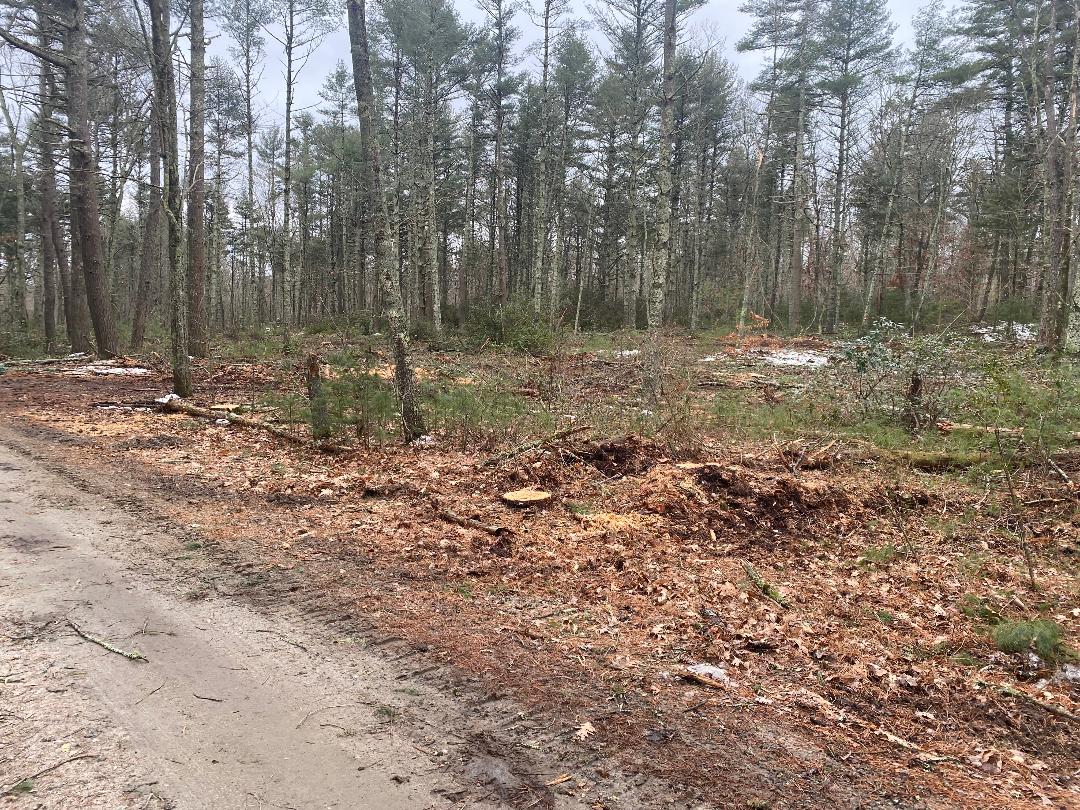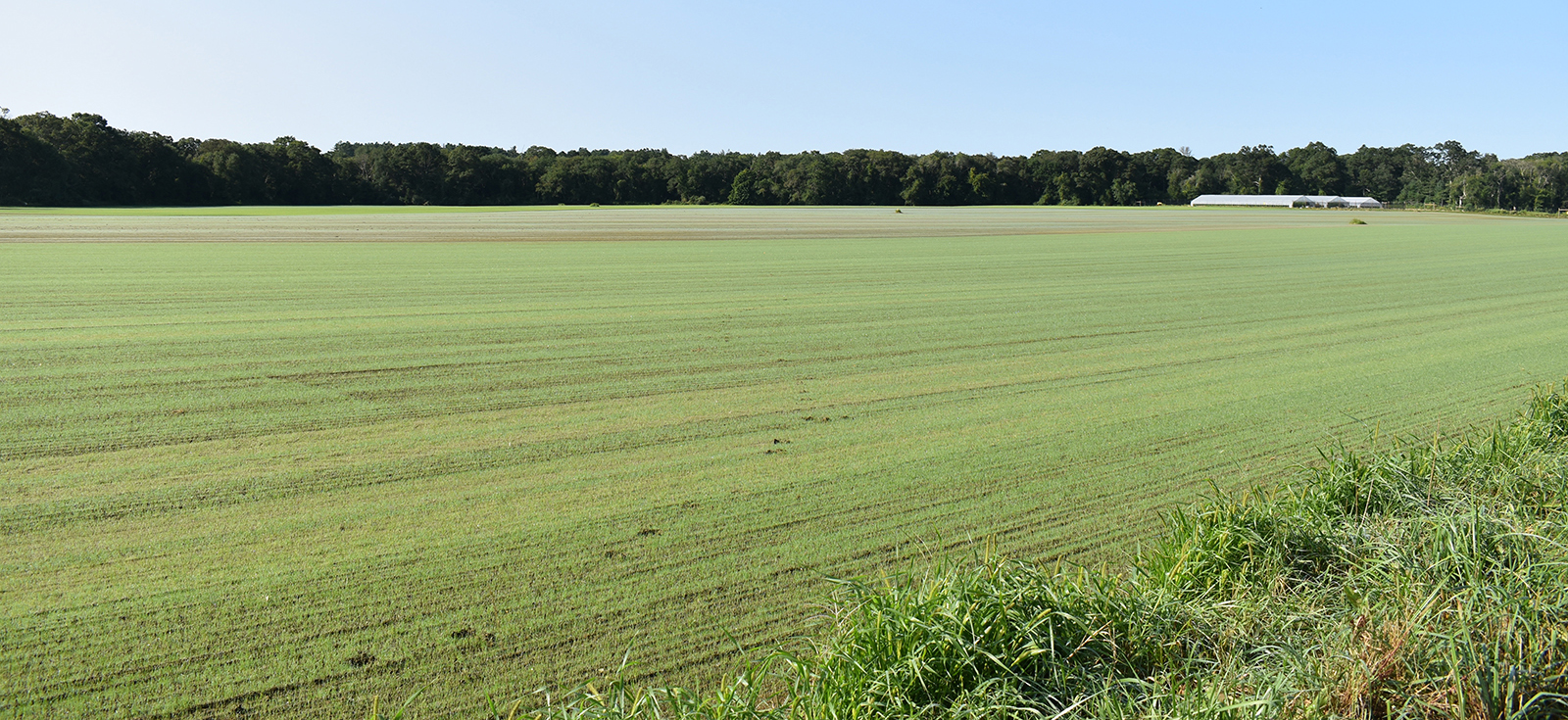Huge Development Proposed in Johnston for Secret Client
February 18, 2021
JOHNSTON, R.I. — They call it Project Schooner.
The 823,000-square-foot warehouse development recently pitched to the Planning Board by BlueWater Property Group, a company with offices in Pennsylvania and New York, will make Johnston into a world-class hub for retail distribution.
“Project Schooner represents the most modern and technologically sophisticated retail distribution and fulfillment center in existence today,” said Don Chase, a partner at BlueWater, during a Feb. 16 virtual presentation. “We hope to have this facility open for operation for our confidential client in the first half of 2023.”
The 200-acre site is at the southwest corner of Hartford Avenue and Route 295 and is currently made up of nine parcels owned by three separate owners. The section that will house the building currently has a 4.6-megawatt solar facility on it, which would be relocated.
“This is a really big site,” Chase said. “It’s roughly the same size and acres as downtown Providence from Clifford Street north to Exchange Place.”
Engineer Nicole Reilly of DiPrete Engineering noted that only 36 percent of the site would be developed, and of that 36 percent, 20 percent would be parking, 11 acres would be drainage and roadways, and less then 10 percent would be the building itself.
She also claimed that although the building will sit on a wetland, and one corner of a parking lot would overlap with wetlands, the project wouldn’t have a substantial impact on the environment.
“At this point we have minimal impact to on-site wetlands,” Reilly said.
While the client’s team was happy to share details about the development, how it will create tax revenue, supply “good local jobs,” and make use of a site that has “laid fallow,” nobody would disclose who the tenant will be.
But public participants attending the remote meeting had their suspicions.
“I really want to know why you’re calling it the Schooner Project when, let’s just come out with it, it’s an Amazon project, right?” said Robert Cote, a heavy construction quality insurance inspector from Warwick. “Everybody knows that this is an Amazon distribution center.”
Amazon has a history of being secretive when setting up new distribution warehouses, and this proposed facility, with its massive footprint and “automatic robotic sortation” has many convinced that the retail giant plans to move in.
Cote encouraged Planning Board members and the public to investigate working conditions and Amazon facilities and cautioned them to a deer-in-the-headlights mentality when it comes to promises of local jobs.
“No one’s going to contest the fact that this can bring jobs,” he said. “But I would encourage everybody to also look at the other side, at the negative ramifications that virtually every Amazon project has had on neighboring communities. You have high stress rates, high work injury rates, basically treating workers as disposable.”
Cotes was cut off by Planning Board chairman John Laurito who questioned why a Warwick resident was commenting at a Johnston meeting. Throughout the meeting, Laurito expressed frustration with public attendees who weren’t from Johnston, at one point angrily cutting off comments from a Cranston resident.
“I’d rather hear from Johnston residents,” he said.
An anonymous attendee posted in the Zoom chat shortly after the Cranston resident was cut off, writing that, “Nowhere on the Town of Johnston website where notice of tonight’s meeting does it say non-Johnston residents cannot ask question/attend the meeting. Whether Mr. Laurito likes it or not, this project DOES impact ALL of Rhode Island’s residents.”
Categories
Join the Discussion
View CommentsRecent Comments
Leave a Reply
Your support keeps our reporters on the environmental beat.
Reader support is at the core of our nonprofit news model. Together, we can keep the environment in the headlines.
We use cookies to improve your experience and deliver personalized content. View Cookie Settings




Bring it on
Advancement is good
Stop living in the dark ages
An economic impact study should be done as well as an environmental one. For example, if the project causes land values to rise, small business owners would face higher rents and home owners would see their property values rise along with higher taxes.
"Stop living in the dark ages"
It is a very dark age when everything you might need must be bought from an exploitative monopoly and all your neighborhood shops are boarded up.
We dont need amazon in rhode island, cant we have one state out of the 50 that isnt conforming to big business pressure? Personally I like local merchants where you can try on clothes and that have actually inventory. Returning items by mail is annoying as #$%$#.
Insteaad of acres of parking lot, why not make them build a parking garage? That is one of the cheapest buildings to erect and would save space and keep the runoff to a minimum.
Why are you giving them a huge tax break when they hardly pay Federal taxes???!!!!